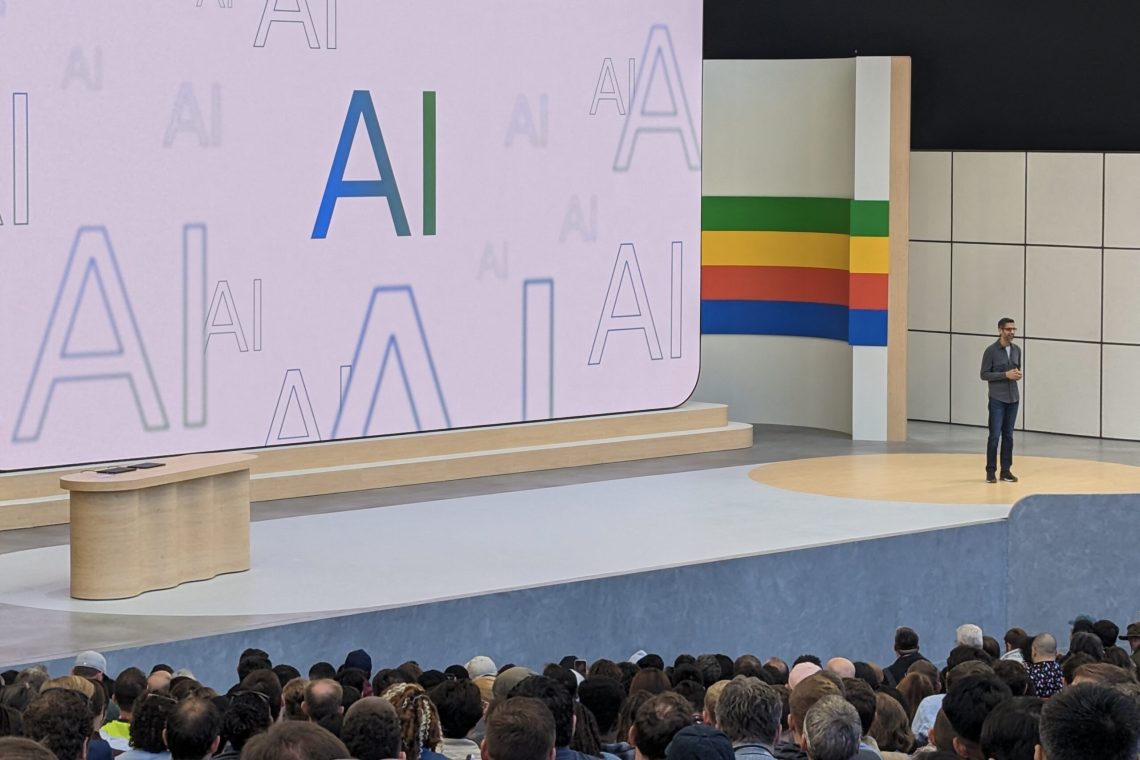The rapid advancement of AI technology has led significant companies like Google and Apple to incorporate AI tools to fast-track labor. As corporations globally embrace AI to enhance efficiency and reduce costs, its integration has significantly advanced numerous sectors. However, the growing reliance on AI presents challenges, particularly in industries involving the arts, such as writing. This article explores AI’s current writing capabilities and potential impact on the writing profession.
AI’s Writing Capabilities
AI tools are becoming increasingly sophisticated and capable of generating written content across various formats. These tools use prompts derived from written works, photographs, and videos, continually improving their output quality. Here are some ways AI is currently used in writing:
- School Papers
- Books
- Articles
- Songs
- Emails
- Texting
- Social Media
AI can quickly correct punctuation and grammar, producing polished written formats for users. This technology’s efficiency and accuracy are undeniable, making it a valuable tool for many applications.
The Impact On Writers
Despite its capabilities, AI cannot fully replace human writers. However, its widespread use can lead to writers losing paid work to AI-generated content. AI can produce generic, quick products, reducing the demand for original, human-created content. Writers who invest significant time and effort into creating unique articles, manuscripts, and books may see their work used without permission, leading to issues of plagiarism.
The increasing sophistication of AI makes it challenging to distinguish between human-written and AI-generated content. This blurs the lines of originality and authorship, allowing users to pass off AI-generated works as their own. This trend undermines the efforts of writers who have worked hard to produce original content.
Can AI Replace Writers?
Ultimately, while AI technology can generate large volumes of written work that appear human-created, it lacks the authenticity and depth that come from human experiences and perspectives. Real writers draw from their minds, experiences, and unique viewpoints, creating content that stands out for its originality and value. This human element is something AI cannot replicate, ensuring that writers who offer originality and depth will always be in demand.
AI can be a powerful tool to assist in writing, but it cannot replace the creative and intellectual contributions of human writers. The advancement of AI in writing underscores the importance of preserving and valuing the unique contributions of human creativity in the literary world.





